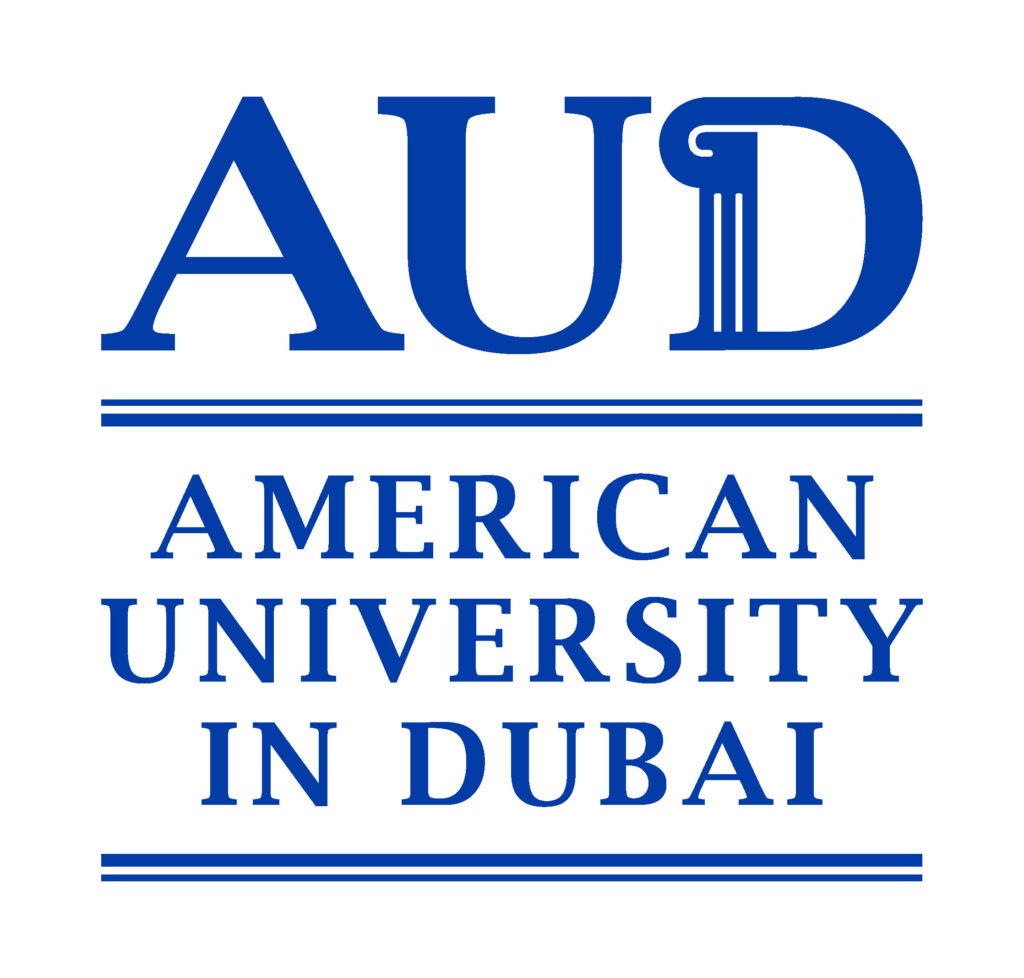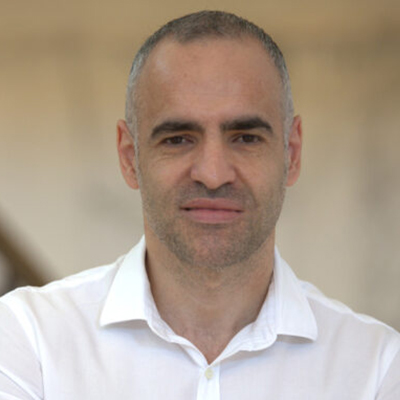

Dr. Abdellatif Qamhaieh
Associate Professor, American University in Dubai
“We are extremely humbled to receive this grant and incredibly thankful to the DFF team and the Government of Dubai for this important program. By empowering Dubai-based scholars, the grant helps boost research and highlights confidence in the role of local academic institutions as hubs for knowledge production. It is truly a privilege to be part of such an important initiative.”
Urban livability has re-emerged as a high-priority item for policymakers and city planning departments worldwide. In the wake of the COVID-19 pandemic, the ongoing climate crises, and the fierce global competition between cities aiming to attract businesses and tourism, enhancing urban livability has become a matter of great importance. Yet, while livability has increased in its significance, it remains challenging to define and operationalize as it involves several subjective components and is, therefore, somewhat elusive as a concept. Also, due to the various factors impacting urban livability, it is particularly challenging to conceptualize at the neighborhood level – where it is felt the most.
Considering these complexities, this project aims to develop an innovative approach for evaluating and delivering Urban Livability (UL) in Dubai. By leveraging Geographic Information Systems (GIS) and Artificial Intelligence (AI), the project aims to create an ‘intelligent’ online urban livability dashboard. The project will help define Dubai-specific livability metrics, and the proposed dashboard will assist policymakers in visualizing urban livability conditions in various neighborhoods across the city. The dashboard should help determine priority intervention areas, explore and visualize ‘what-if’ scenarios, and assess proposed solutions. It also enables better collaboration between stakeholders across various disciplines due to its built-in Ai-assistant, which will help bridge knowledge gaps.
The project addresses the difficulties of measuring urban livability indicators in a rapidly growing city like Dubai with its unique urban growth and socio-spatial patterns. Beyond the applied benefits, it will contribute to the academic discourses surrounding GCC urbanism and AI applications in city planning. It will also bolster Dubai’s already impressive reputation as a smart city and hub for global innovation.